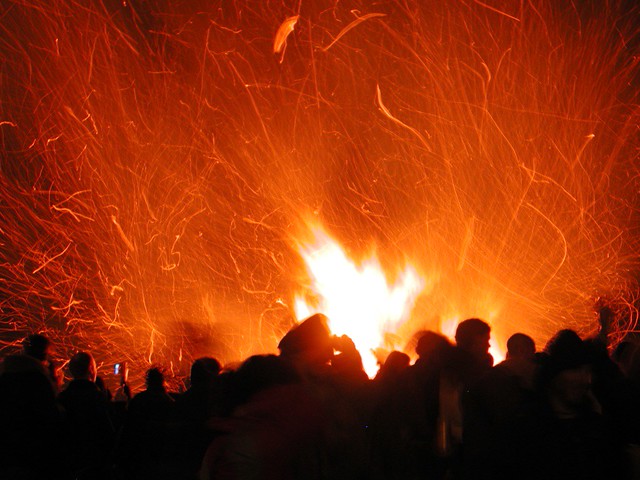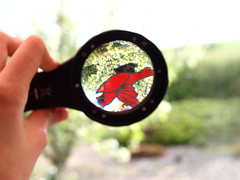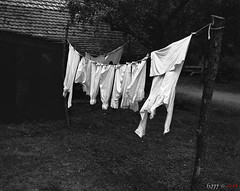Words for to praise in Celtic languages.
| Proto-Celtic | molātor = to praise, laud |
|---|---|
| Old Irish (Goídelc) | molaidir = to praise |
| Irish (Gaeilge) | mol = to praise, commend, recommend, award (verb noun = moladh) |
| Scottish Gaelic (Gàidhlig) | mol [mɔl̪ˠ] = to praise, extol, recommend, advise, exalt, magnify (verb noun = moladh) |
| Manx (Gaelg) | moyl = to cheer (praise), bamboozle, recommend, compliment, commend, applaud, laud (verb noun = moylley) |
| Old Welsh | molim = to praise |
| Middle Welsh (Kymraec) | moli = to praise |
| Welsh (Cymraeg) | moli = to praise, laud, eulogize, extol, magnify, honour, cheer |
| Middle Breton | meuliff = to praise |
| Breton (Brezhoneg) | meuliñ = to praise, flatter, stroke |
Etymology: possibly related to the Proto-Indo-European *meldʰ- (praise) [source].
Sources: Wiktionary, Am Faclair Beag, teanglann.ie, On-Line Manx Dictionary, Geiriadur Prifysgol Cymru, Dictionnaire Favereau








